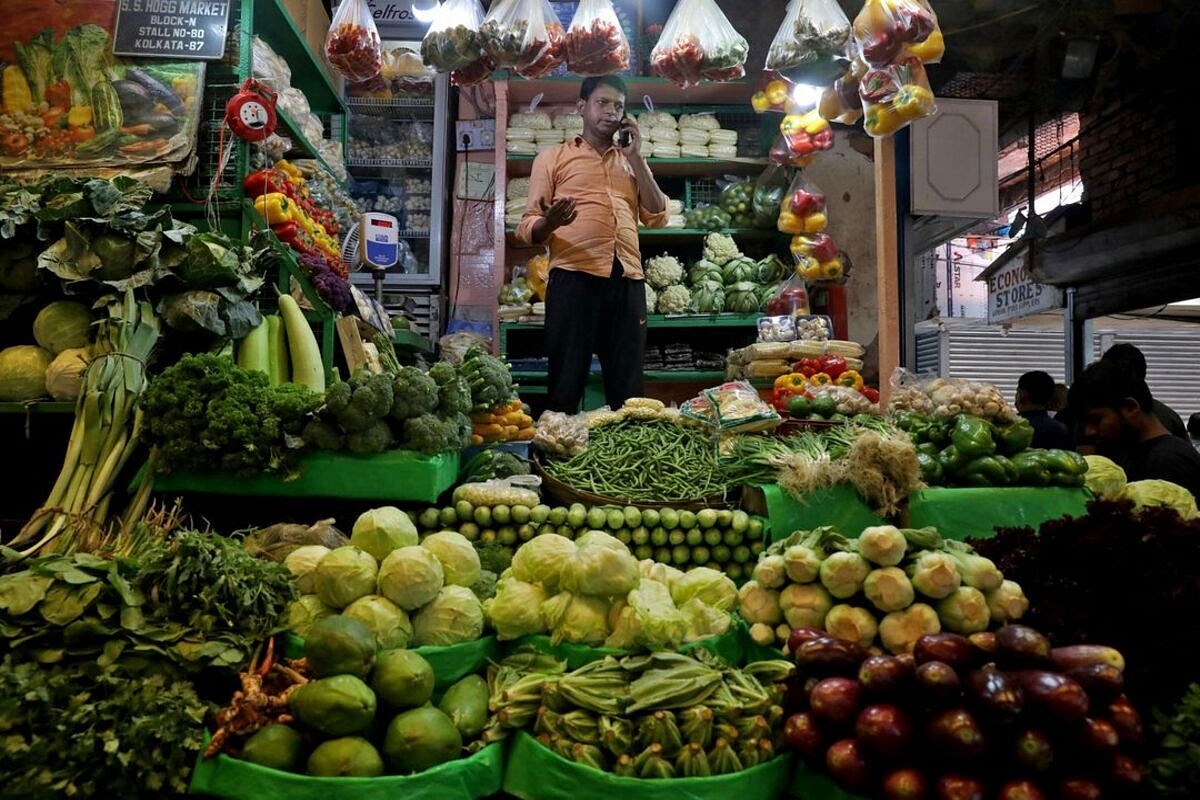News Brief
India Lost 74 Million Tonnes Of Food In 2022-23, Equivalent To 22 Per Cent Of Domestic Foodgrain Output And 8 Per Cent Of Global Food Waste

Representative Image
Startling statistics on food wastage in India have been unveiled during the ongoing International Workshop on Food Loss and Waste Prevention in the South Asian Region, highlighting the urgent need for action.
Scientists from the Indian Council of Agricultural Research (ICAR) disclosed that approximately 74 million tonnes of food is lost in India each year, accounting for 22 per cent of the foodgrain output or 10 per cent of the total foodgrain and horticulture production for the 2022-23 period, as reported by The Times Of India.
This loss represents roughly 8 per cent of the global food waste, which stands at a staggering 931 million tonnes annually.
These findings underscore the critical importance of addressing food waste and loss in the country.
The extent of this waste is attributed to various factors, including post-harvest losses, geographical variations, storage conditions, climate, technological interventions, human behavior, and cultural traditions.
Data from the United Nations Environment Programme (UNEP) Food Waste Index Report 2021 reveals that the majority of global food waste occurs in households, followed by food services and retail outlets.
On a per capita basis, the report indicates that an average of 121 kg of consumer-level food is wasted annually, with 74 kg of that waste originating in households.
Remarkably, India reports a lower per capita household waste of 50 kg, which is the lowest in South Asia.
Clementine O’Connor of UNEP, addressing attendees on the workshop's opening day, emphasised that nearly 28 per cent of agricultural land worldwide is used to produce food that is never consumed, highlighting the scale of the problem.
The three-day workshop is jointly organized by the Indian Council of Agricultural Research (ICAR) and the Thünen Institute in Germany, attracting more than 100 delegates from Bangladesh, Bhutan, France, Germany, Indonesia, Nepal, and Sri Lanka.
Speaking at the workshop's inaugural day, ICAR Chief Himanshu Pathak identified inadequate storage facilities as a significant factor contributing to food losses.
He stressed the need to shift focus from increasing food production to safeguarding the produced food, highlighting that food waste not only results in economic losses but also has adverse effects on individual health and the climate.
The revelation of India's food loss data is based on comprehensive post-harvest quantitative studies conducted with nationwide coverage, using standardised data structures for cereals, root & tubers, oilseeds & pulses, fruits & vegetables, meat, fish & seafood, and milk & eggs.
These findings underscore the pressing need for measures to reduce food waste and protect the environment, as well as to ensure that food reaches those in need.
India's efforts in this regard will have implications not only for the economy but also for global sustainability.
Support Swarajya's 50 Ground Reports Project & Sponsor A Story
Every general election Swarajya does a 50 ground reports project.
Aimed only at serious readers and those who appreciate the nuances of political undercurrents, the project provides a sense of India's electoral landscape. As you know, these reports are produced after considerable investment of travel, time and effort on the ground.
This time too we've kicked off the project in style and have covered over 30 constituencies already. If you're someone who appreciates such work and have enjoyed our coverage please consider sponsoring a ground report for just Rs 2999 to Rs 19,999 - it goes a long way in helping us produce more quality reportage.
You can also back this project by becoming a subscriber for as little as Rs 999 - so do click on this links and choose a plan that suits you and back us.
Click below to contribute.
Latest